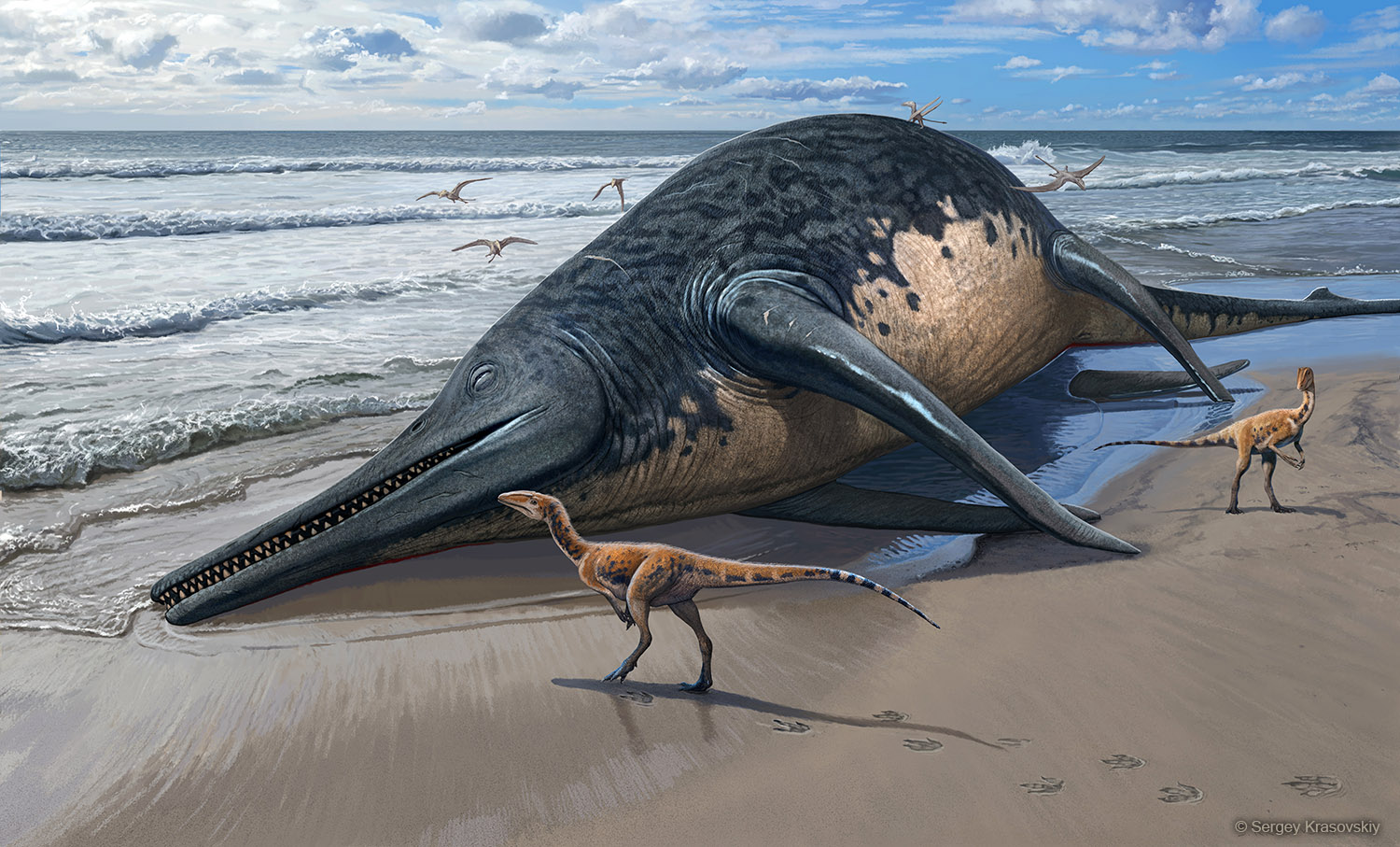-
Giant rogue waves: Southern Ocean expedition reveals wind as key cause
Physical Review Letters
A University of Melbourne expedition to the southernmost waters encircling Antarctica has discovered that wind drives the formation of colossal rogue waves, and that these unpredictable waves occur more frequently than scientists had previously Read more about Giant rogue waves: Southern Ocean expedition reveals wind as key cause
Australia; International; VICThe University of Melbourne|Swinburne University of Technology -
Combatting disruptive ‘noise’ in quantum communication
Nature Communications
An experiment has demonstrated how networks can be leveraged to combat disruptive ‘noise’ in quantum communications. The international effort led by researchers from Griffith University’s Centre for Quantum Dynamics highlights the potential of Read more about Combatting disruptive ‘noise’ in quantum communication
Australia; International; NSW; QLDGriffith University|The University of New South Wales -
Private equity purchases of Aussie healthcare grew to $4.5 billion in 2022
Medical Journal of Australia
Private equity acquisitions of Australian health care have grown over the past fifteen years, reaching $4. 5 billion in 2022, according to new data. The researchers identified a total of 75 private equity acquisitions of health care delivery assets Read more about Private equity purchases of Aussie healthcare grew to $4.5 billion in 2022
Australia; International; TASUniversity of Tasmania|Harvard University, USA -
Melbourne radio wave exposure consistent over time
Environmental Research
Environmental exposure to radio waves from wireless technology has not changed significantly in Melbourne over the last decade, a study led by scientists at the Australian Radiation Protection and Nuclear Safety Agency (ARPANSA) finds. Environmental Read more about Melbourne radio wave exposure consistent over time
Australia; VICAustralian Radiation Protection and Nuclear Safety Agency (ARPANSA)... -
Three new giant kangaroos bound back from the past
Megataxa
Palaeontologists from Flinders University have described three unusual new species of giant fossil kangaroo from Australia and New Guinea, finding them more diverse in shape, range and hopping method than previously thought. The three new species Read more about Three new giant kangaroos bound back from the past
Australia; Pacific; NSW; SA; TAS; NTFlinders University -
Important health information missing in online food delivery menus
Public Health Nutrition
Many menu items on online food delivery services do not display important nutritional information. Researchers say current NSW menu labelling laws need to be updated and closer monitoring needed on online food delivery services. A University of Read more about Important health information missing in online food delivery menus
Australia; NSWThe University of Sydney -
AI can write you a poem and edit your video. Now, it can help you be funnier
Association for Computing Machinery Conference on Intelligent User Interfaces - IUI 2024 Conference
University of Sydney researchers have developed an AI application using cartoons from The New Yorker to help people be funnier. University of Sydney researchers have used an AI-assisted application to help people write cartoon captions for cartoons Read more about AI can write you a poem and edit your video. Now, it can help you be funnier
Australia; NSWThe University of Sydney -
Our fur babies come with cuddles and a side of superbugs
ESCMID Global Congress
UK and Portuguese researchers presenting at ESCMID Global Congress say our pet kits and doggos could play a big part in spreading antibiotic-resistant bacteria. They found evidence of multidrug-resistant bacteria being passed between sick cats and Read more about Our fur babies come with cuddles and a side of superbugs
InternationalUniversity of Lisbon, Portugal -
Bonobos are less chill than we thought
Current Biology
New international research has debunked the idea that bonobos are less aggressive than chimpanzees. Over the course of the study, bonobos had three times as many physical aggressions as chimpanzees. However, while male bonobos were almost Read more about Bonobos are less chill than we thought
InternationalUniversité Toulouse Capitole -
LGBTQ+ young people with childhood trauma are at higher risk of phone addiction
JAMA Network Open
Young people who are not heterosexual or don't conform to gender norms are more likely to have childhood trauma, which in turn increases their risk of phone addiction, according to Chinese research. The team investigated the links between queer or Read more about LGBTQ+ young people with childhood trauma are at higher risk of phone addiction
InternationalSun Yat-sen University, China










































